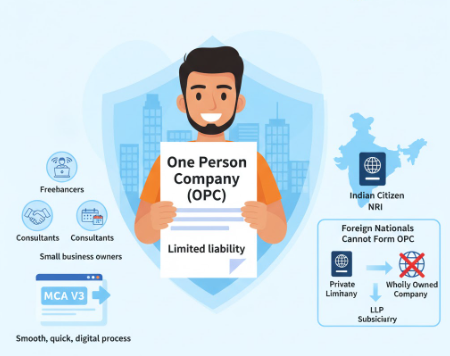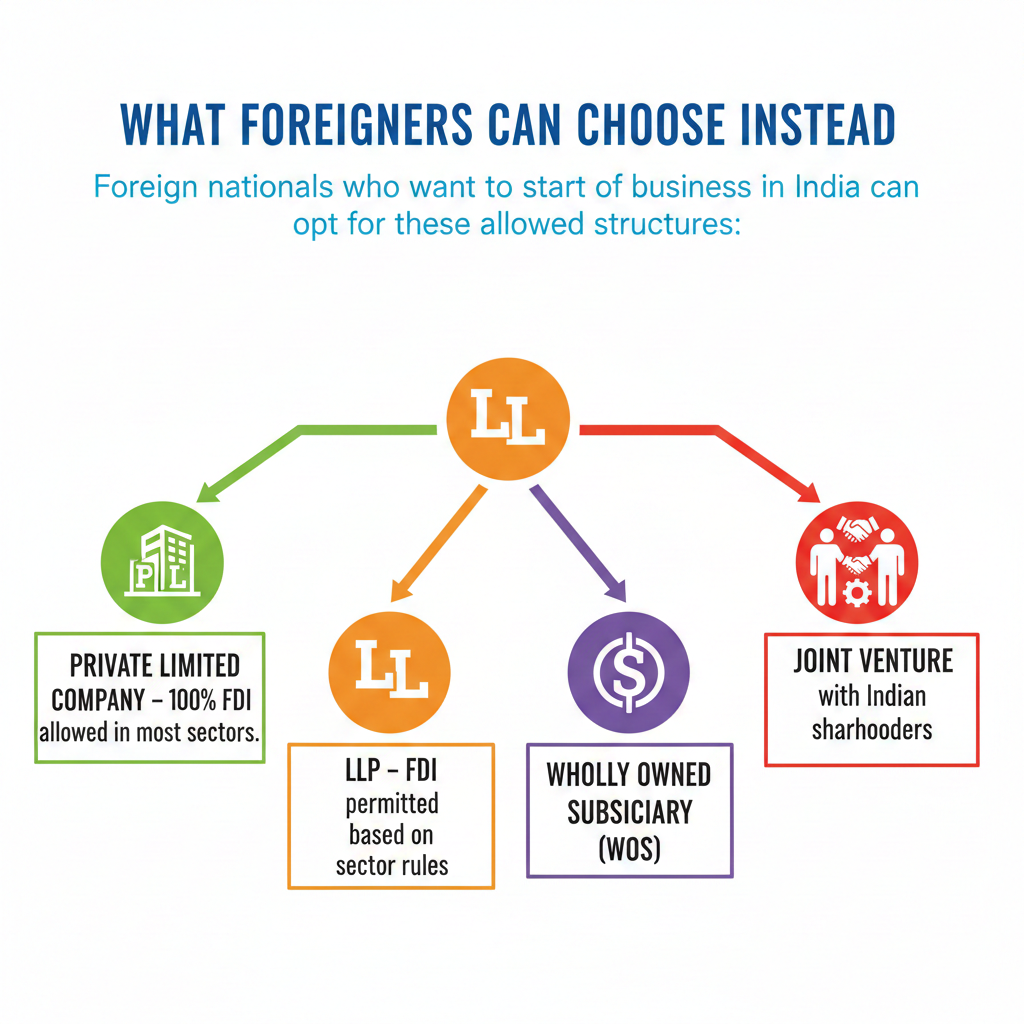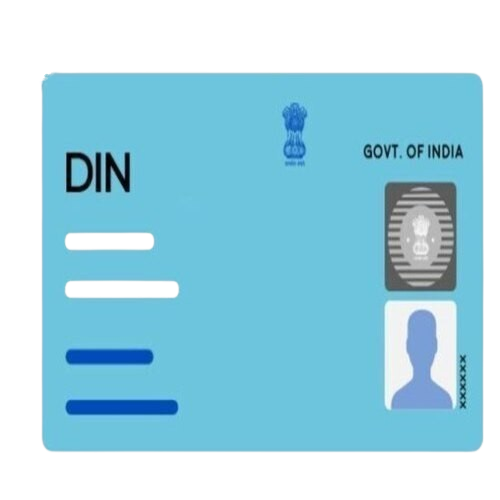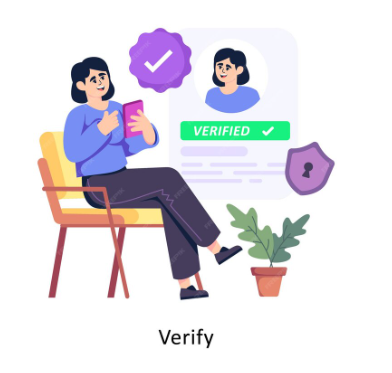Introduction
OPC is designed specifically for individual founders, but the eligibility rules are quite strict. Only Indian citizens can register an OPC, and NRIs can incorporate one only if they meet the 120-day residency requirement. Foreign nationals cannot directly form or own an OPC under any circumstances. Additionally, FEMA and FDI regulations apply, and foreign capital is not permitted within the OPC structure, another major factor that makes One Person Company Registration Online highly regulated.
This guide gives you a complete, updated, and easy-to-understand breakdown of the entire OPC registration process, including eligibility, documents, NRI-related restrictions, compliance requirements, OPC registration fees, and the best alternative options for foreign founders who want to build a business in India.

What is One Person Company?
A One Person Company in India is a great option for people who want to run a business on their own but still enjoy the benefits of a registered company structure. It lets a single founder build a brand, sign contracts, and operate professionally, while staying protected through limited liability. This is why One Person Company Registration in India has become so popular among freelancers, consultants, and small business owners. With the MCA V3 portal, the entire One Person Company Registration process experience has become smooth, quick, and completely digital. OPC rules are simple but specific. Only Indian citizens can register a one-person company in India, and NRIs can own one as long as they meet the FEMA residency requirement. On the other hand, foreign nationals cannot directly form an OPC, since foreign investment isn’t allowed under this structure. However, they can still participate in Indian business through other routes like a Private Limited Company, LLP, or a wholly owned subsidiary. For solo founders who want full control while keeping their personal assets safe, an OPC is a perfect fit. It gives the independence of running your own business and the professionalism of a company, without the pressure of adding co-founders or investors before you're ready.
Who Should Register an OPC?
Solo founders and entrepreneurs
Best for individuals who want total control along with the benefits of a formal company structure.
NRI residents who meet the 120-day rule
A good choice for NRIs who qualify under FEMA and want a simple way to run a business in India.
Consultants and freelancers
Improves professional credibility and helps secure higher-value corporate clients.
IT service providers & tech professionals
Useful for developers, agencies, and tech experts who need a legal entity for projects and invoicing.
Digital entrepreneurs
Ideal for online business owners, creators, coaches, and marketers who want a recognized setup.
Traders, eCommerce sellers & small manufacturers
Helps product sellers and small-scale units build trust with suppliers and platforms.





















